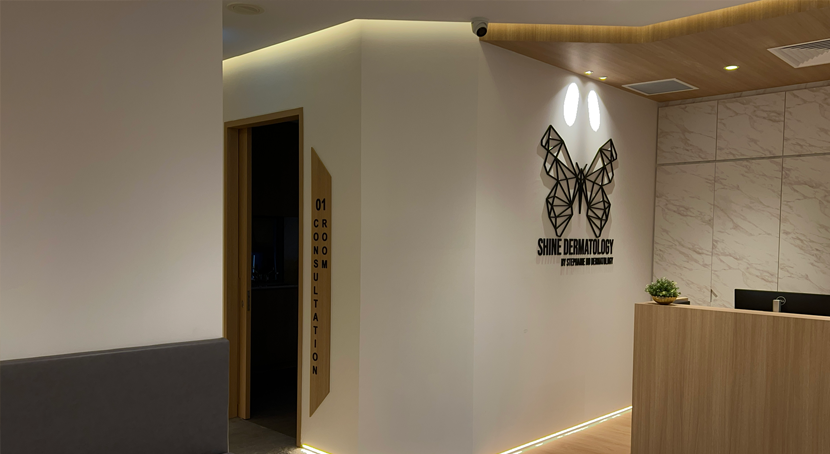What Are Corns and Calluses?
Corns and calluses are areas of skin that become thickened due to repeated mechanical stress:
-
Corns are small, round lesions that often form on non-weight-bearing areas, such as the tops or sides of toes. They may have a hard central core and can be painful when pressed.
-
Calluses are broader, flatter areas of thickened skin, typically found on weight-bearing areas like the heels or soles. They are generally painless but may cause discomfort with prolonged walking or pressure.
Common Causes
Corns and calluses are your body’s way of protecting the skin from constant pressure or friction. Common contributing factors include:
-
Tight or ill-fitting footwear
-
High-heeled or narrow shoes
-
Walking barefoot on hard surfaces
-
Repetitive motion (e.g., manual labour, running)
-
Foot structure abnormalities such as bunions or flat feet
Symptoms to Watch For
You may have a corn or callus if you notice:
-
Thick, rough, or hardened skin
-
A small, raised bump (corn) or broad, flat thickening (callus)
-
Pain or tenderness, especially when walking or pressing the area
-
A dry, flaky or waxy appearance
-
Difficulty wearing shoes comfortably
When to See a Dermatologist
Medical treatment is recommended if:
-
Corns or calluses are painful or recurrent
-
There are signs of infection (e.g. redness, swelling, discharge)
-
You have diabetes or poor circulation
-
Over-the-counter products have not worked
-
Your daily mobility is affected
Treatment Options at Shine Dermatology
Our dermatologists provide personalised care using safe, effective treatments designed to relieve discomfort and prevent recurrence.
Debridement (Trimming)
Thickened skin is carefully shaved using sterile tools to reduce bulk and pressure. This offers immediate relief and is commonly used for both corns and calluses.
Cryotherapy
Liquid nitrogen is applied to freeze and break down small or recurring corns. This method is especially effective for targeted lesions and causes minimal disruption to surrounding skin.
Chemical Peeling (Salicylic Acid Treatment)
A medicated solution is used to soften and exfoliate thickened skin. This treatment is often combined with moisturisers and regular follow-up care to gradually reduce skin build-up.
Laser Therapy
Precise laser treatment can be used to remove deeper or more stubborn corns with minimal discomfort. It is especially useful for chronic or painful lesions.
Orthotics and Footwear Advice
Custom insoles or footwear modifications are recommended to reduce pressure and friction. Proper support can significantly reduce recurrence rates and improve overall comfort.
Prevention Tips
To help prevent corns and calluses from developing or returning:
-
Wear well-fitting, cushioned footwear
-
Avoid high heels and tight shoes
-
Use protective pads or insoles when necessary
-
Moisturise your feet regularly to prevent dryness
-
Use gloves or protective gear during repetitive handwork
Frequently Asked Questions (FAQs)
Q: Can I treat corns and calluses at home?
A: Mild cases may respond to moisturising and wearing better-fitting shoes. However, avoid cutting or shaving the skin yourself, as this may cause injury or infection.
Q: Is cryotherapy painful?
A: Cryotherapy may cause a short stinging or burning sensation during application, but discomfort is generally minimal and temporary.
Q: How many sessions are needed for laser therapy?
A: The number of sessions depends on the depth and severity of the lesion. Your dermatologist will advise you after an assessment.
Q: Will the corns or calluses return?
A: They can recur if the underlying cause—such as footwear or walking pattern—is not addressed. Preventive care and regular follow-up are important for long-term control.
To find out which treatment is best for your condition, schedule a consultation with Shine Dermatology Singapore today. Let us help you walk with comfort and confidence.



